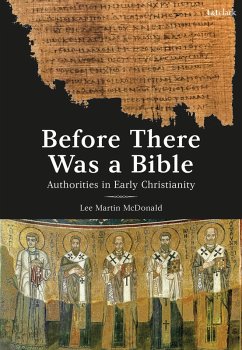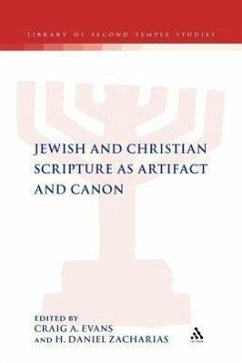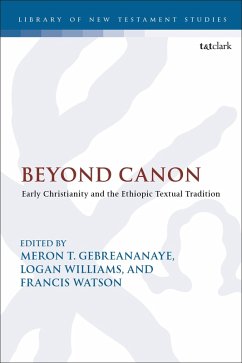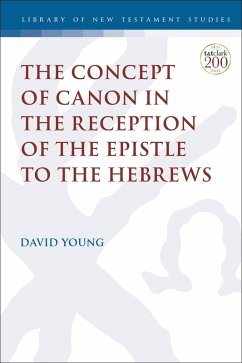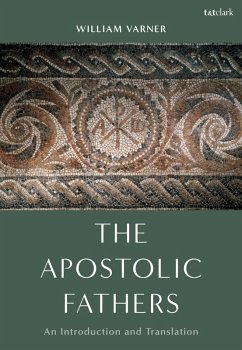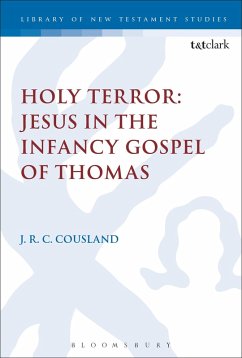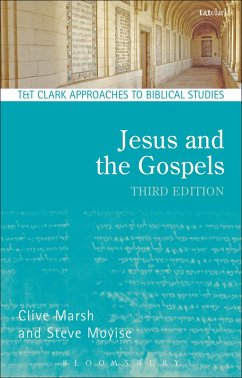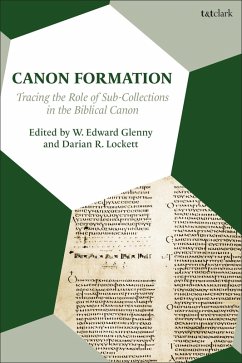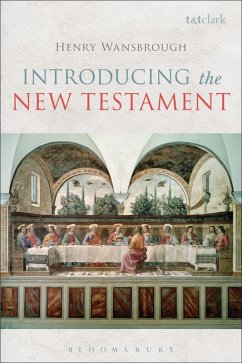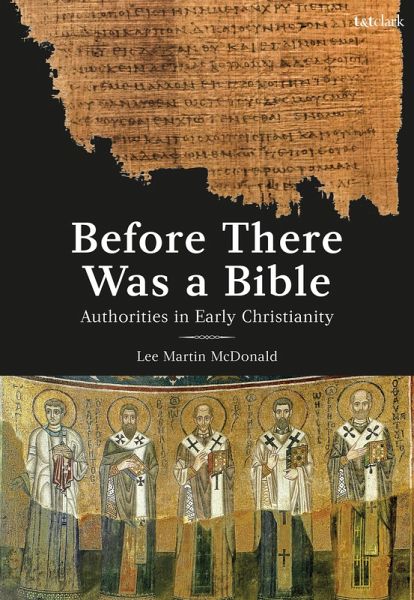
Before There Was a Bible (eBook, ePUB)
Authorities in Early Christianity

PAYBACK Punkte
12 °P sammeln!
How did authority function before the bible as we know it emerged? Lee Martin McDonald examines the authorities that existed from the Church's beginning: the appeal to the texts containing the words of Jesus, and that would become the New Testament, the not yet finalized Hebrew Scriptures (referred to mostly in Greek) and the apostolic leadership of the churches. McDonald traces several sacred core traditions that broadly identified the essence of Christianity before there was a bible summarized in early creeds, hymns and spiritual songs, baptismal and Eucharistic affirmations, and in lectiona...
How did authority function before the bible as we know it emerged? Lee Martin McDonald examines the authorities that existed from the Church's beginning: the appeal to the texts containing the words of Jesus, and that would become the New Testament, the not yet finalized Hebrew Scriptures (referred to mostly in Greek) and the apostolic leadership of the churches. McDonald traces several sacred core traditions that broadly identified the essence of Christianity before there was a bible summarized in early creeds, hymns and spiritual songs, baptismal and Eucharistic affirmations, and in lectionaries and catalogues from the fourth century and following. McDonald shows how those traditions were included in the early Christian writings later recognized as the New Testament. He also shows how Christians were never fully agreed on the scope of their Old Testament canon (Hebrew scriptures) and that it took centuries before there was universal acceptance of all of the books now included in the Christian bible. Further, McDonald shows that whilst writings such as the canonical gospels were read as authoritative texts likely from their beginning, they were not yet called or cited as scripture. What was cited in an authoritative manner were the words of Jesus in those texts, alongside the multiple affirmations and creeds that were circulated in the early Church and formed its key authorities and core sacred traditions.




